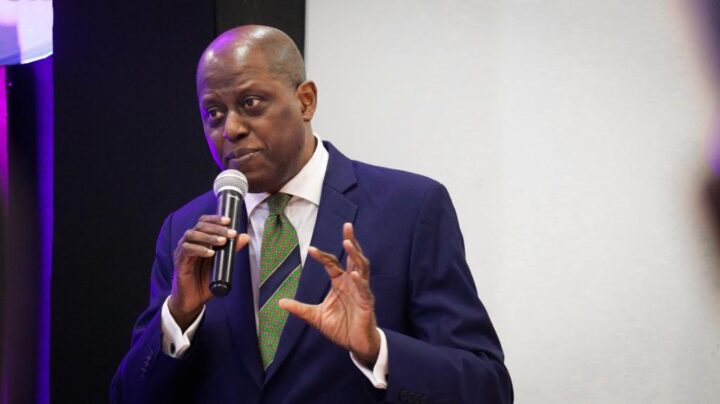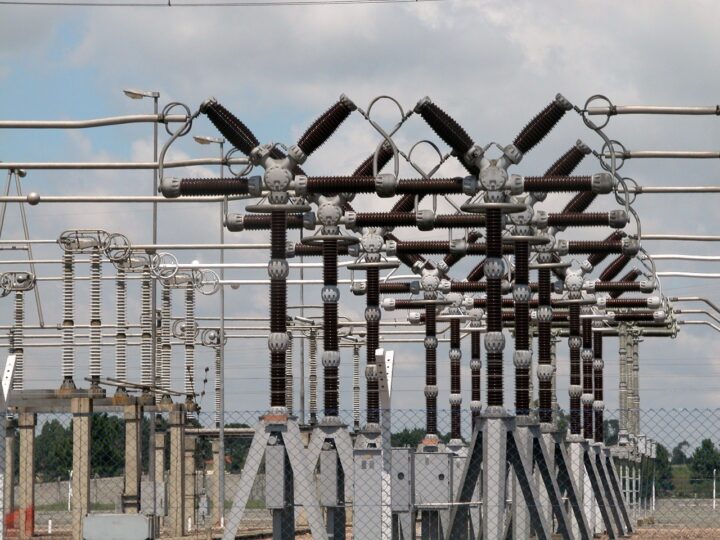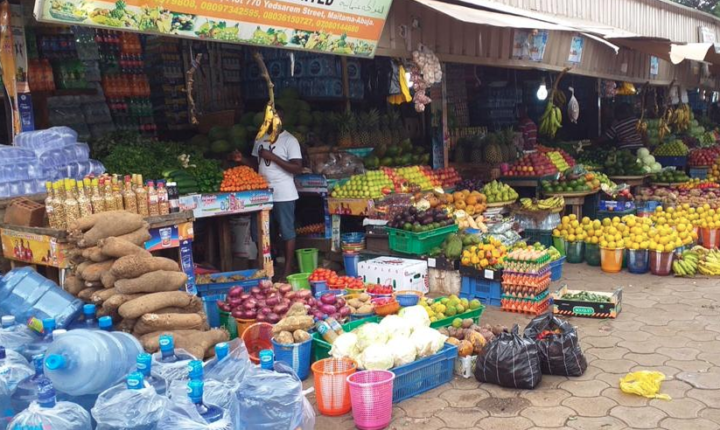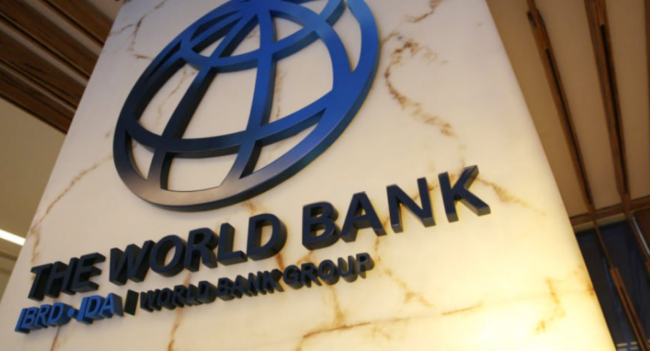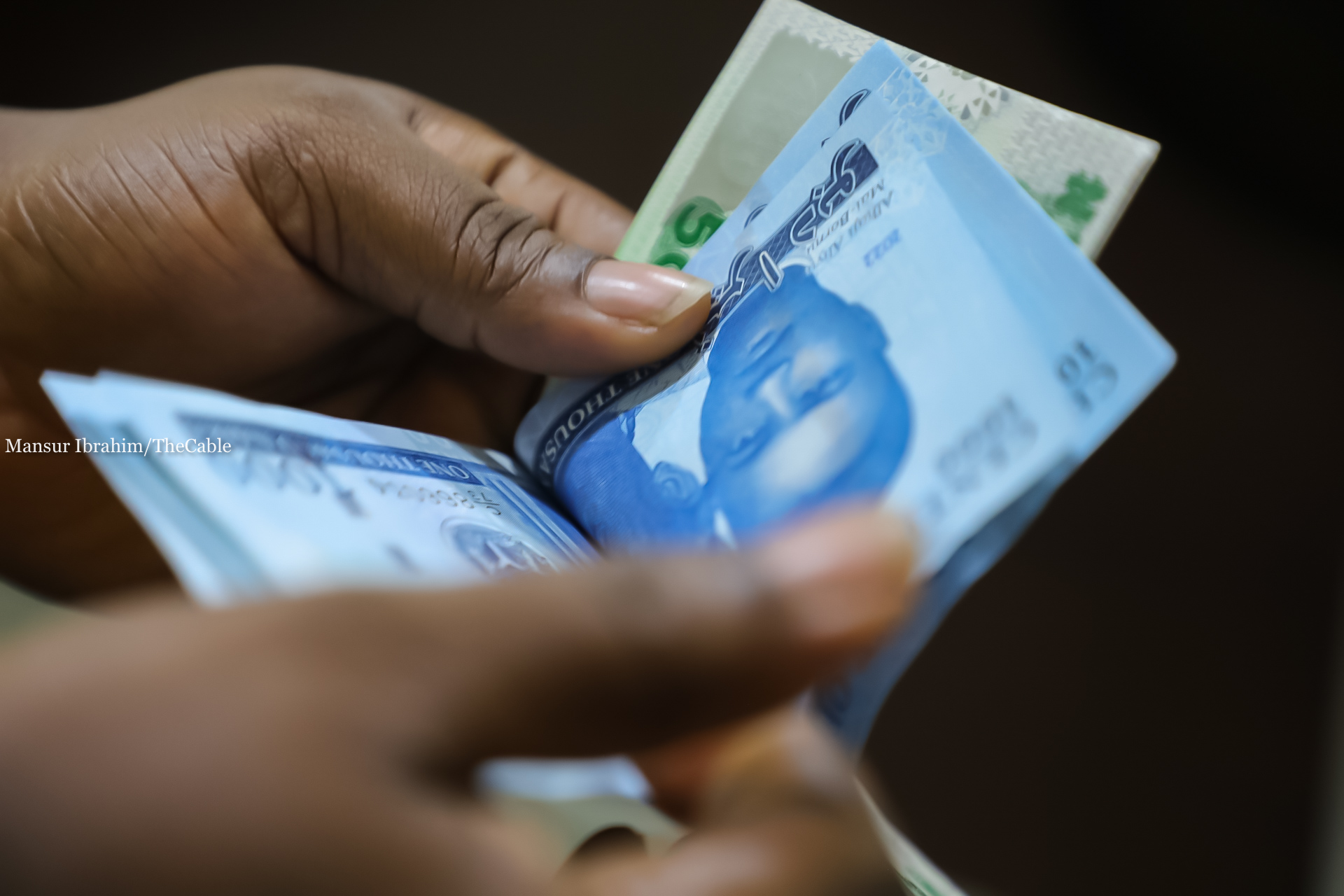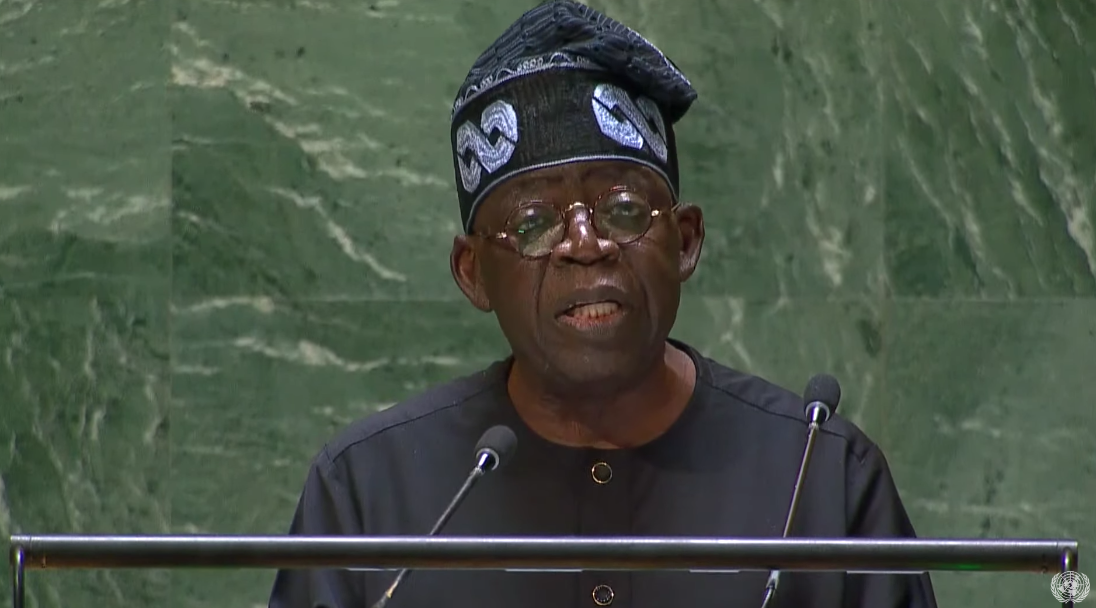Financial inclusion in Nigeria has increased to 74 percent in 2023, up from 68 percent in 2020.
This was disclosed on Wednesday in a ‘2023 Access to Finance’ survey conducted by Enhancing Financial Innovation & Access (EFInA), a financial sector deepening (FSD) organisation, with support from the Bill and Melinda Gates Foundation, as well as the National Bureau of Statistics (NBS).
EFInA said the increase in access to finance reduces the financial exclusion rate to 26 percent, slightly above the 25 percent target the Central Bank of Nigeria (CBN) hope to achieve in 2024.
The report said an increase in the use of non-banking channels, which grew from 5 percent in 2020 to 12 percent in 2023, drove the growth.
Advertisement
Despite the improvement in access to finance, EFInA said more work needs to be done to achieve the 95 percent long-term inclusion set by CBN in the Nigeria Financial Inclusion Strategy (NFIS) 3.0.
The 26 percent, according to EFInA, shows 28.8 million adults are still excluded from accessing finance.
Agnes Martins, the organisation’s chair, said the number of persons excluded financially is unacceptable even though there has been “encouraging progress” that should be commended.
Advertisement
“That is a statistic that we must recognise remains unacceptable, and we must redouble our efforts to accelerate their inclusion,” she said.
“These are predominantly farmers and dependents, more likely to be female, and to live in rural areas in Northern Nigeria. We need intentional, deliberate strategies to give them financial access and to support them graduate to the products and services that can enhance their resilience.”
NORTHERN REGION MOST EXCLUDED FINANCIALLY
In the survey, EFInA raised concern about financial exclusion in the north, which has the lowest inclusion rate compared to other regions of the country.
Advertisement
According to the survey, “exclusion continues to be most severe in Northern Nigeria, at 38% in the North East and 47% in the North West compared to only 5% in the South West and 10% in the South South”.
Speaking on the financial exclusion gap in the north, Martins said the challenge is related to cultural barriers.
She said EFInA and the Gates Foundation have understudied the measures that improved Kaduna state’s financial inclusion to replicate it in other northern states.
Martins said factors like social investments and protection will be introduced in the northern states to bring the residents into the financial system.
Advertisement
Also speaking on the financial exclusion gap in the north, Zayyad Tsiga, executive secretary, Kaduna State Residents Identity Management Agency (KADRIMA), said the population of each state in the region made the gap significant compared to the southwest.
Tsiga said poor network connectivity and insecurity also make it difficult to provide traditional bank services, while religious and cultural factors also play a role in the financial exclusion of northerners.
Advertisement
“Certain people view banking as an interest-heavy sector, and of course, that clashes with Islamic principles,” he said.
Tsiga said efforts are in place to improve sharia-compliance banking in the northern region.
Advertisement
GENDER GAP WIDENING IN FINANCIAL INCLUSION
With the survey indicating the gender gap is widening, from 8 percent in 2020 to 9 percent in 2023, EFInA said there is a need to intentionally focus on interventions that support female inclusion.
Advertisement
Martins said part of the solution to close the gender gap in access to finance is more sensitisation of women outside the financial system to see the benefits.
“I think the first step is the awareness of what women can contribute. Like there is a saying that goes; you feed a woman, you feed a nation,” she said.
“Men and women, most importantly men that are in position, recognise that they need to deliberately ensure that women come out of their shell and are included financially and economically so that they can support the nation.”
Other highlights of the survey showed urban communities are more likely to be included financially compared to rural areas, with the former accounting for 17 percent exclusion against the latter’s 37 percent.
“Farmers and dependents are the populations most likely to be excluded,” EFInA said.
“Usage of broader financial services remains limited demonstrating the urgent need to focus on the quality and impact of inclusion. While credit use doubled to 6%, pension and insurance use remained at 8% and 3% respectively, well below 2024 target levels.”
Commenting on the survey and financial inclusion during the event, Yemi Cardoso, governor of the Central Bank of Nigeria (CBN), said “Nigeria’s drive for financial inclusion has been a long, sometimes arduous journey”.
“We have monitored the trend over the years and have sometimes worried about the slow pace of progress in achieving an inclusive economy,” he said.
Cardoso, who was represented by Chibuike Nwaegerue, CBN director, other financial institutions supervision, said the survey indicates that with sustained dedication and commitment, Nigeria can achieve the collective goal of financial inclusion for all.
Add a comment

